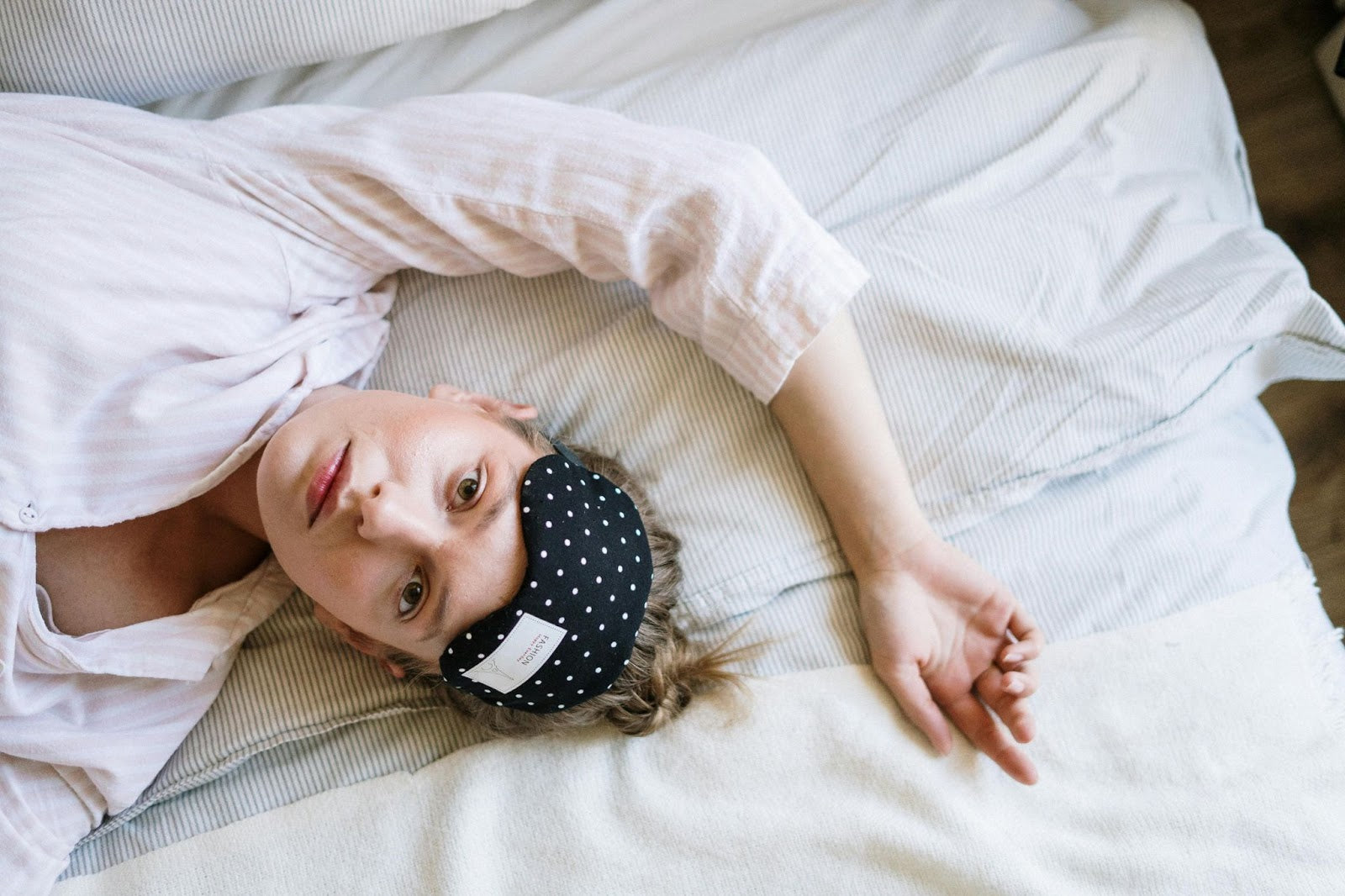Are you or your child having trouble falling asleep and wondering if it could be related to ADHD?
The links between ADHD and sleep are often overlooked, but can have a significant impact on daily life.
Links between ADHD and sleep
ADHD and sleep have a complex relationship.
People with ADHD frequently experience sleep-related difficulties, often beginning in childhood.
These sleep disturbances can worsen symptoms associated with ADHD, creating a vicious cycle that is difficult to break.
Understanding the link between ADHD and sleep is essential to better respond and find appropriate solutions.
Disturbed sleep from childhood
In many children with ADHD, sleep disturbances appear early. Whether it's difficulty falling asleep or light, interrupted sleep, these disruptions can lead to chronic fatigue from an early age.
Poor sleep not only affects physical energy, but also cognitive functions and emotion regulation.
This highlights how important it is to consider the link between ADHD and sleep, especially during developmental periods.
Circadian Rhythm and ADHD
The circadian rhythm, or "internal biological clock," is often out of sync in people with ADHD. This imbalance can cause them to be more active and alert in the evening, making them vulnerable to a "delayed sleep phase."
This phenomenon exacerbates difficulties falling asleep and can disrupt natural cycles, thus amplifying the negative interaction between ADHD and sleep.
Symptoms that impact sleep
ADHD symptoms directly impact sleep quality. Constant distractions, impulsiveness, and mental hyperactivity often keep the mind racing, making it difficult to fall asleep. These factors, combined with stress and nighttime ruminations, significantly disrupt sleep routines.
Sleep Problems Related to ADHD
Difficulty falling asleep quickly
For many, the challenge begins at bedtime. People with ADHD can spend long hours tossing and turning, unable to calm their overactive minds. The link between ADHD and sleep is evident here, as this difficulty mentally switching off often hinders falling asleep and achieving restful sleep.
Frequent awakenings in the middle of the night
Even when falling asleep successfully, frequent awakenings can compromise overall sleep quality. These interruptions impair the ability to achieve deep, restorative sleep, a very common phenomenon among individuals living with ADHD. These repeated nighttime awakenings are primarily due to mental hyperactivity and difficulty regulating wakefulness, key symptoms of ADHD that keep the brain alert even during rest.
Insomnia
Insomnia is a major problem associated with ADHD and sleep. Whether occasional or chronic, it is directly linked to the challenges these individuals face. A bad night's sleep can lead to a day filled with fatigue and difficulties with attention or emotional regulation. This is partly due to dysfunctions in dopamine regulation and cognitive hyperactivity, which make falling asleep and staying asleep more difficult.
Sleep apnea
In people with ADHD, sleep apnea, which is repeated pauses in breathing at night, is more common, even if it is not directly caused by the disorder.
This increased risk is often explained by behaviors linked to ADHD. Hyperactivity or difficulty calming down, for example, can lead to sleep disturbances, inappropriate sleeping positions, or weight gain, which contribute to apnea. Conversely, these breathing pauses disrupt deep sleep, worsening ADHD symptoms such as concentration or energy during the day.
Difficulty maintaining a sleep routine
Establishing and maintaining a consistent sleep routine is often a daunting challenge. For people with ADHD, spontaneity and unforeseen circumstances often overwhelm the discipline needed to maintain a regular schedule.
Difficulty waking up and getting up
Mornings are not an easy time for those suffering from poor sleep related to ADHD. Between low energy and increased sleepiness, getting up can be a real struggle that impacts the rest of the day.
Consequences of poor sleep on ADHD
Impact on concentration and memory
A bad night's sleep directly exacerbates the attention and memory deficits often associated with ADHD. The days following a disturbed night are often marked by careless errors and difficulty staying focused.
Emotion regulation and chronic fatigue
Insufficient sleep exacerbates emotional regulation problems. Lack of rest amplifies irritability, frustration, and emotional inconsistency, while contributing to chronic fatigue that is difficult to overcome.
Effects on physical and mental health
The link between ADHD and sleep goes beyond immediate symptoms. In the long term, poor sleep can take a heavy toll on physical and mental health, leading to increased risks of metabolic disorders, depression, and anxiety.
Our tips for sleeping better with ADHD
Create an environment conducive to sleep
Make sure you optimize your bedroom to make it a sanctuary dedicated to rest. Limit distractions, prioritize total darkness, and invest in an ergonomic mattress and pillows to encourage quality sleep.
To learn more about which mattress to choose and which sleeping position to adopt, don't hesitate to consult our articles:
Adapt your lifestyle and diet
A balanced diet and regular physical activity contribute to better sleep. Additionally, avoid stimulants like caffeine in the evening to promote faster sleep.
Managing screens and light exposure
Reducing screen time before bed is a key step in better managing the link between ADHD and sleep. Blue light disrupts the circadian rhythm, so it's essential to establish a digital break in the evening.
Relaxation techniques and evening routines
Learn how to incorporate relaxation into your evenings. Meditation, breathing exercises, and calming rituals like reading can calm an overactive mind and promote a smoother transition to sleep.
FAQ: ADHD and Sleep
Do ADHDers sleep a lot?
Although some people with ADHD can compensate for poor sleep quality with extended naps, the majority have difficulty getting enough restorative sleep.
How to help someone with ADHD fall asleep?
To help someone with ADHD fall asleep, a structured routine, limiting stressors, and adopting relaxation techniques are effective strategies. Consulting a healthcare professional for personalized support can also be essential.












